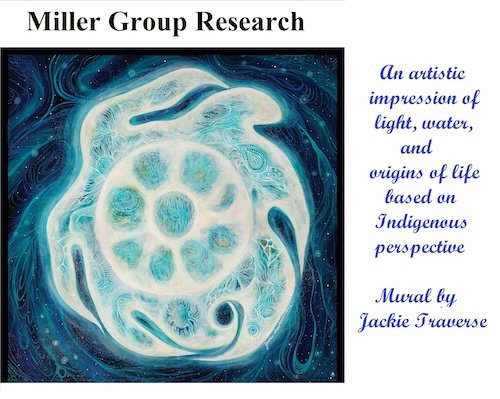- authors
- Samer Gozem, Philip J. M. Johnson, Alexei Halpin, Hoi Ling Luk, Takefumi Morizumi, Valentyn I. Prokhorenko, Oliver P. Ernst, Massimo Olivucci, and R. J. Dwayne Miller.
- date published
- April 24, 2020
- journal
- J. Phys. Chem. Lett
- volume, number
- 11
- pages
- 3889-3896
- web page
- https://pubs.acs.org/doi/10.1021/acs.jpclett.0c01063
- doi
- https://doi.org/10.1021/acs.jpclett.0c01063
- abstract
Owing to the ultrafast time scale of the photoinduced reaction and high degree of spectral overlap among the reactant, product, and excited electronic states in bacteriorhodopsin (bR), it has been a challenge for traditional spectroscopies to resolve the interplay between vibrational dynamics and electronic processes occurring in the retinal chromophore of bR. Here, we employ ultrafast two-dimensional electronic photon echo spectroscopy to follow the early excited-state dynamics of bR preceding the isomerization. We detect an early periodic photoinduced absorptive signal that, employing a hybrid multiconfigurational quantum/molecular mechanical model of bR, we attribute to periodic mixing of the first and second electronic excited states (S1 and S2, respectively). This recurrent interaction between S1 and S2, induced by a bond length alternation of the retinal chromohore, supports the hypothesis that the ultrafast photoisomerization in bR is initiated by a process involving coupled nuclear and electronic motion on three different electronic
